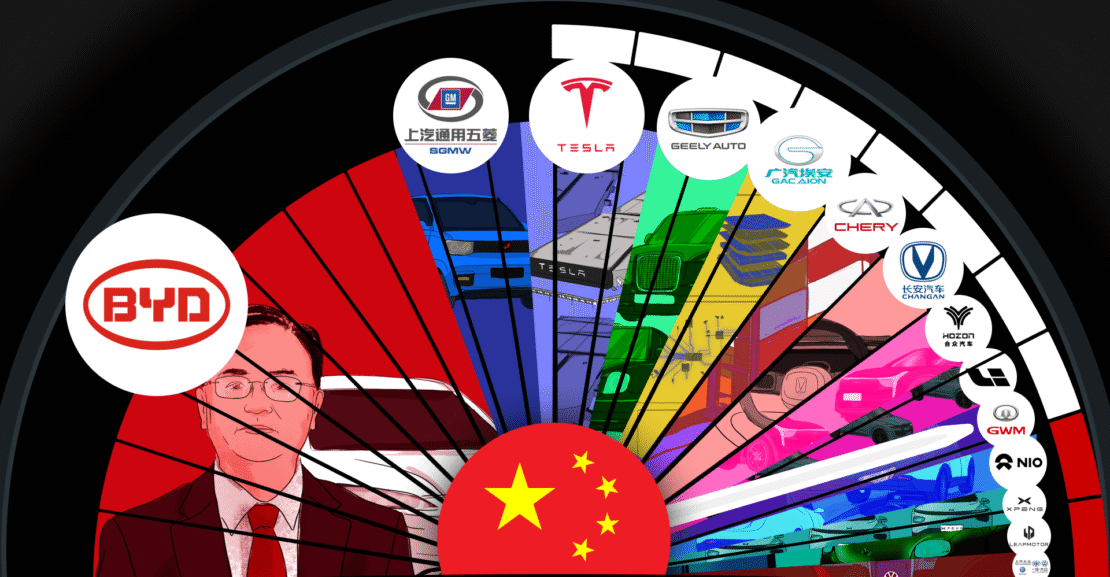Chinese automotive manufacturers have undergone a remarkable transformation over the past decade, evolving from budget-focused producers to global leaders in automotive innovation. Today’s Chinese car companies are setting new standards in electric vehicle technology, autonomous driving, and smart connectivity features. These manufacturers are not only dominating domestic markets but also making significant inroads into international territories, challenging established automotive giants with their combination of advanced technology, competitive pricing, and rapidly improving quality.
BYD – Electric Vehicle Pioneer
BYD (Build Your Dreams) stands as the undisputed leader among Chinese car companies, particularly in electric vehicle manufacturing. Founded in 1995, BYD has become the world’s largest electric vehicle manufacturer, producing everything from affordable city cars to commercial buses and trucks. The company’s vertical integration strategy, including in-house battery production through its Blade Battery technology, gives it significant competitive advantages. BYD’s vehicles are now sold in over 70 countries, with major investments in markets across Europe, Asia, and South America. Their success in the EV sector has made them one of the most valuable automotive companies globally.
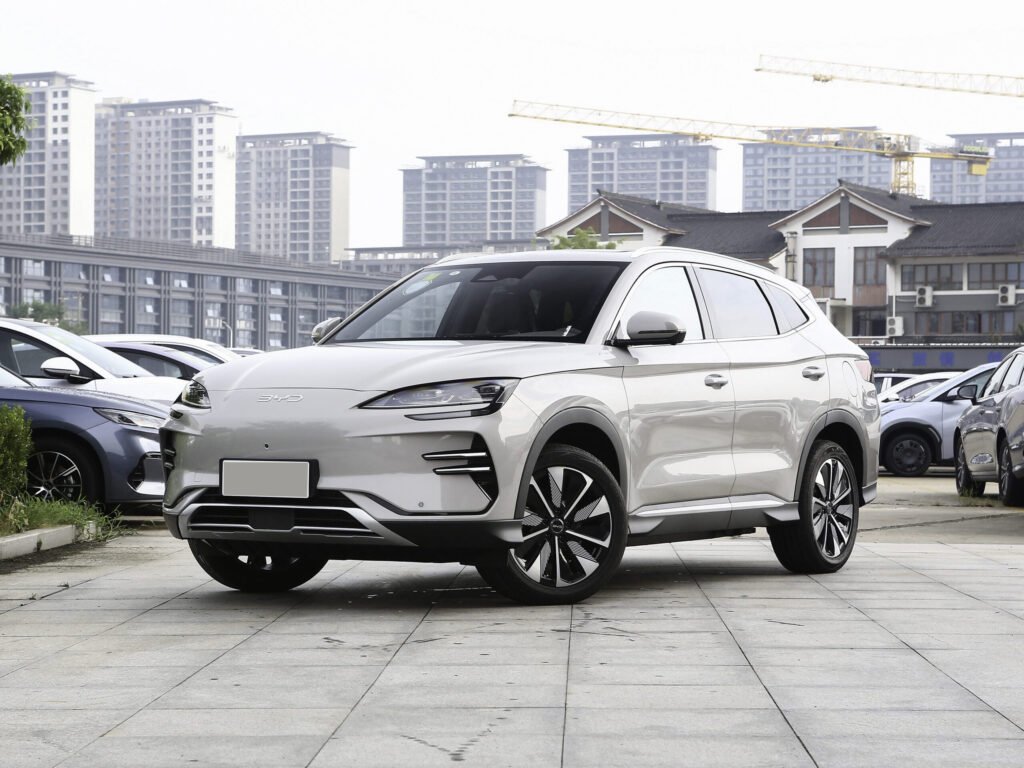
Geely – Global Automotive Giant
Geely represents the most internationally diversified Chinese automotive company, with acquisitions including Volvo, Lotus, Polestar, and stakes in Daimler AG. Founded in 1986, Geely has transformed from a motorcycle manufacturer to a global automotive conglomerate. The company’s strategy focuses on premium brands and advanced technology development, with significant investments in autonomous driving, connectivity, and new energy vehicles. Geely’s vehicles are sold in over 100 countries, and the company consistently ranks among the top automotive manufacturers worldwide by volume.
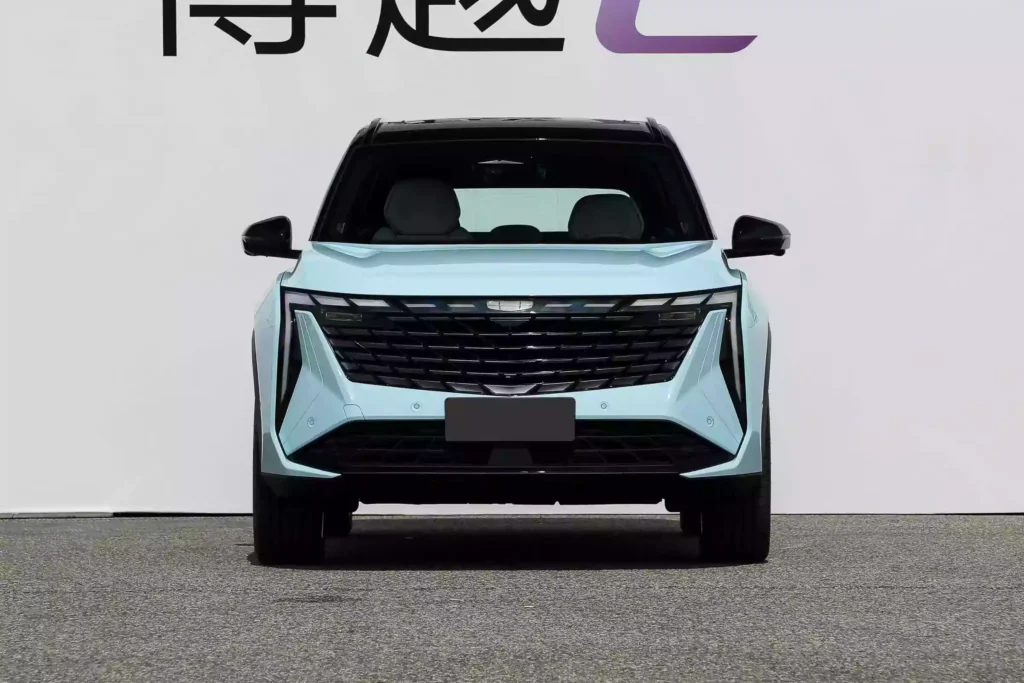
NIO – Premium Electric Luxury Leader
NIO has established itself as China’s premier electric vehicle luxury brand, focusing on premium sedans and SUVs with innovative battery-swapping technology. Founded in 2014, NIO pioneered the concept of battery-as-a-service, allowing customers to swap depleted batteries for fully charged ones in minutes. The company’s user-centric approach includes comprehensive customer service programs, mobile service vehicles, and premium showroom experiences. NIO’s success in the premium EV market has attracted significant international attention, with expansion plans across Europe and other global markets.

Chery – Innovation-Driven Manufacturer
Chery Automobile, established in 1997, represents one of China’s most innovative independent automotive companies. Known for developing engines and technology in-house, Chery has exported vehicles to over 80 countries and maintains a strong presence in emerging markets. The company focuses on affordable vehicles with competitive features and has made significant strides in electric vehicle development. Chery’s commitment to research and development, with multiple technical centers worldwide, positions it as a leader in cost-effective automotive solutions.

MG Motor – Global Brand Revival
MG Motor, now owned by SAIC Motor, has successfully revived the iconic British brand for global markets. The company has become one of the fastest-growing automotive brands internationally, particularly in electric vehicles. MG’s strategy focuses on affordable, feature-rich vehicles with strong emphasis on connectivity and modern design. Available in over 60 countries, MG vehicles offer exceptional value propositions that have made them popular in both developed and emerging markets.

Great Wall Motor – SUV and Pickup Specialist
Great Wall Motor has established dominance in the SUV and pickup truck segments, particularly with brands like Haval and WEY. Founded in 1984, the company has become one of the world’s largest SUV manufacturers and has expanded globally with manufacturing facilities in multiple countries. Great Wall’s focus on rugged, practical vehicles has made it particularly successful in markets requiring durable transportation solutions. The company’s recent investments in electric vehicles and autonomous technology position it for continued growth.
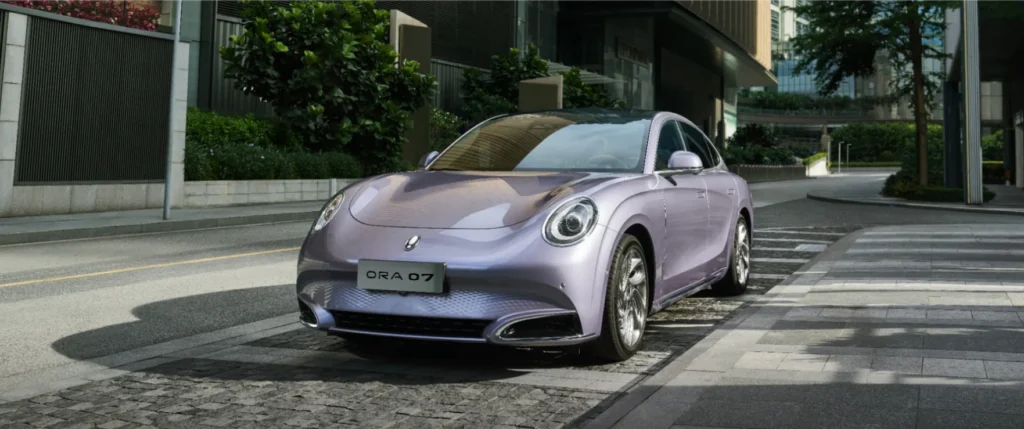
Xpeng – AI-Driven Automotive Technology
Xpeng Motors represents China’s most technology-forward automotive company, focusing on artificial intelligence integration and autonomous driving capabilities. Founded in 2014, Xpeng has developed advanced driver assistance systems and smart connectivity features that often surpass those of established automakers. The company’s vehicles are designed specifically for the digital generation, featuring advanced voice control, over-the-air updates, and comprehensive mobile app integration. Xpeng’s technological leadership has attracted significant investment and positioned it as a key player in the future of mobility.
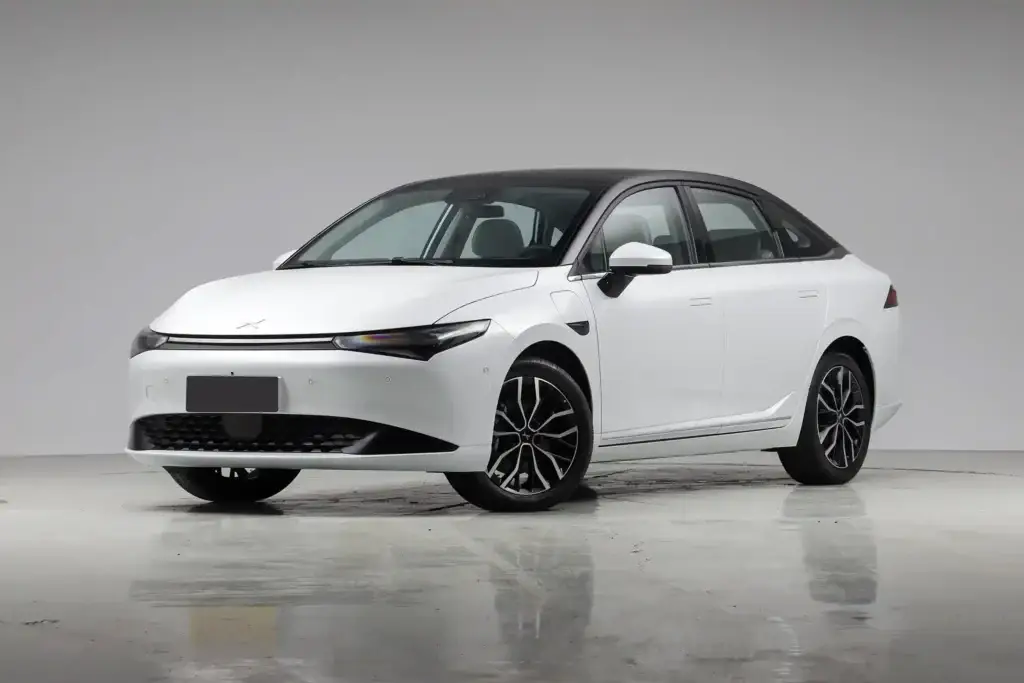
Li Auto – Family-Focused Electrification
Li Auto has carved a unique niche by focusing on range-extended electric vehicles that address consumer range anxiety while providing electric driving benefits. Founded in 2015, the company targets family buyers with spacious, practical vehicles that combine electric efficiency with gasoline backup power. Li Auto’s innovative approach to electrification has made it one of China’s most successful new energy vehicle manufacturers, with strong growth and profitability metrics.
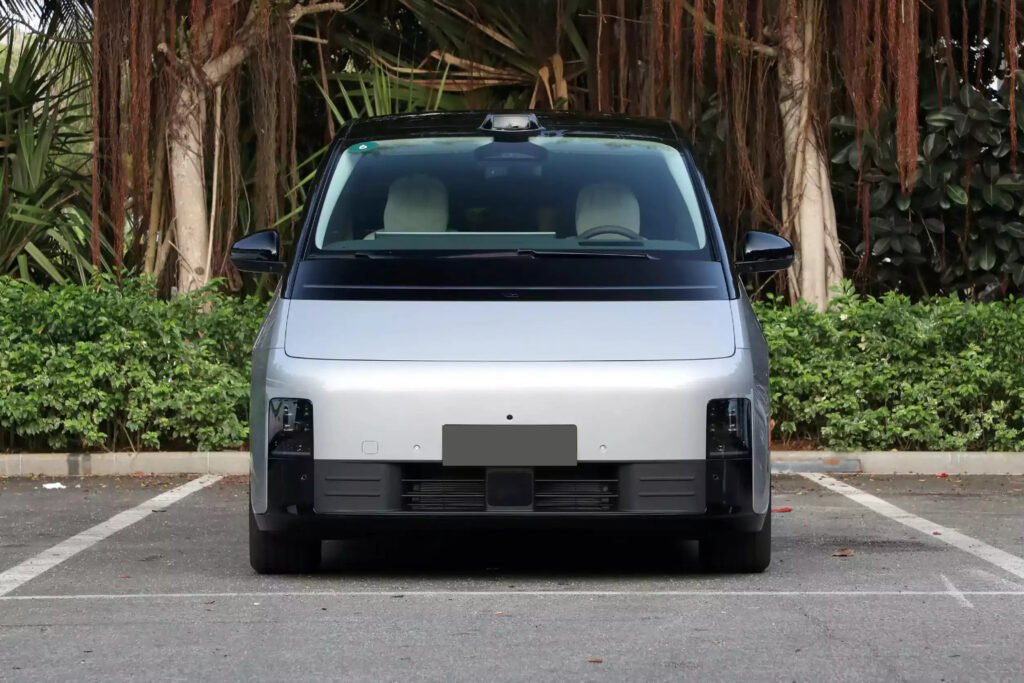
Frequently Asked Questions
Q: Which Chinese car company produces the most vehicles globally? A: BYD is currently the world’s largest electric vehicle manufacturer by volume, while SAIC Motor (which owns MG) ranks among the top global automotive groups by total vehicle production. Geely also ranks highly due to its multiple brand portfolio including Volvo and Lotus.
Q: Are Chinese car companies investing in overseas manufacturing? A: Yes, major Chinese automakers have established manufacturing facilities worldwide. BYD has plants in multiple countries, Geely operates global manufacturing through its various brands, and companies like Great Wall and Chery have overseas production facilities to serve local markets more efficiently.
Q: What makes Chinese automotive companies competitive globally? A: Chinese automotive companies combine several competitive advantages: advanced electric vehicle technology, vertical integration (especially in batteries), competitive pricing, rapid innovation cycles, and significant investment in autonomous driving and connectivity technologies. Their experience with large domestic market volumes also provides economies of scale and rapid learning capabilities.

